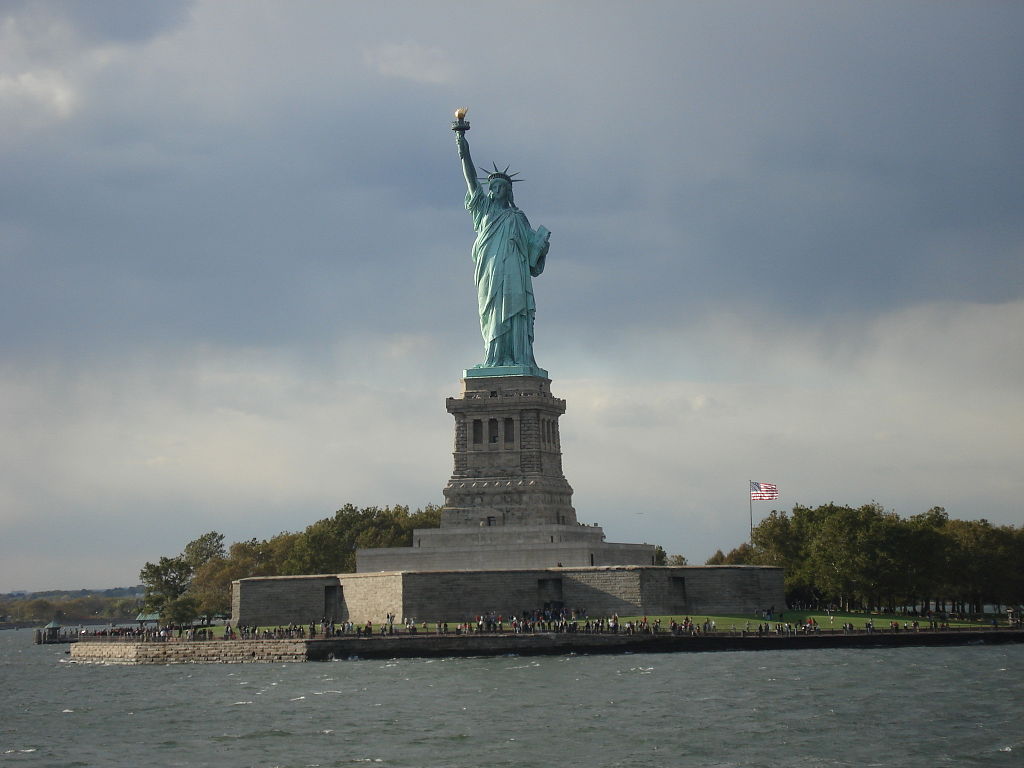By SERIAH SARGENTON
Staff Writer
While encouraging students to talk about current political events may be beneficial to some, it can also make the classroom environment uncomfortable.
“I think it’s important to talk about current events, however I don’t think it should take up all of your teaching time,” said Courtney Bernardo, a Saint Rose student.
Bernardo explained that for the first three weeks of her crime fiction class, the professor often brought Trump into the conversation even when there was no relevance to the class lesson. For Bernardo, this type of conversation was more of a distraction than a way to help her understand the course.
To the majority of her peers and herself, the topic of Trump became irritating because they just wanted to talk about the class without getting into heated political debates, according to Bernardo.
“As long as it’s relevant to the subject at hand, like in a political science, history, sociology, or ethics class, politics could easily be brought up and implemented very reasonably,” said Dan Gauvin, a junior transfer student at Saint Rose. “However, in classes where it’s not relevant, like math and science courses, it’s not an appropriate subject to bring up in class.”
At a previous school Gauvin attended he experienced a similar situation to Bernardo where the professor chose a side and didn’t mediate the political conversation. Gauvin believes that political conversations can be used to encourage students to have a discussion and debate on various topics, but if the professor is using their personal opinions and “throwing it around as fact” then it can be off-putting to any student who disagrees.
“If a professor wishes to encourage political discussion, they need to be impartial, and make sure everyone can voice their opinions and thoughts in a polite and professional way,” said Gauvin.
For another student, though, politics may be a difficult conversation, it is one that is needed.
“We are in such dire times and how so many different lives are affected by the current administration, it’s a little inevitable to not have any sort of political commentary from the left, right, and in between,” said Christina Romeo, an English major at Saint Rose.
As an English major, Romeo explained that literature reflects the time period in which it was written and so when politics are mentioned, it’s usually relevant to the class. To her, there isn’t a topic that cannot be political because even personal topics become politicized. Political conversation can change the direction of the classroom depending on the subject being taught.
“I personally believe that almost everything can be political or politicized, so there isn’t an escape from it,” said Romeo. “I do believe that students and professors have a role to be good ole questioning democratic citizens and look at the larger scope of their field in that sense. However, shouldn’t it be like an added day in the syllabus.”


